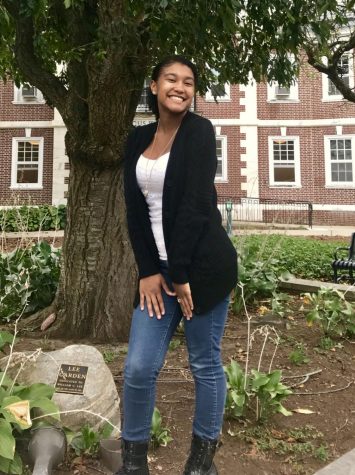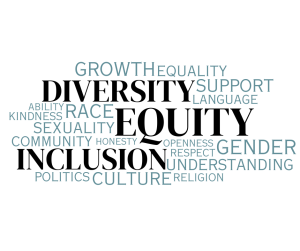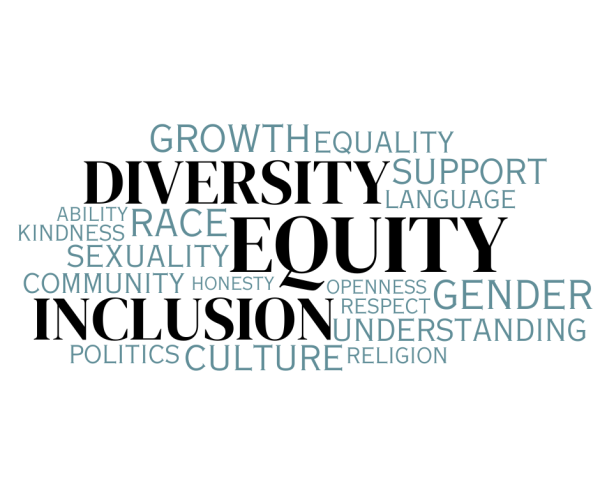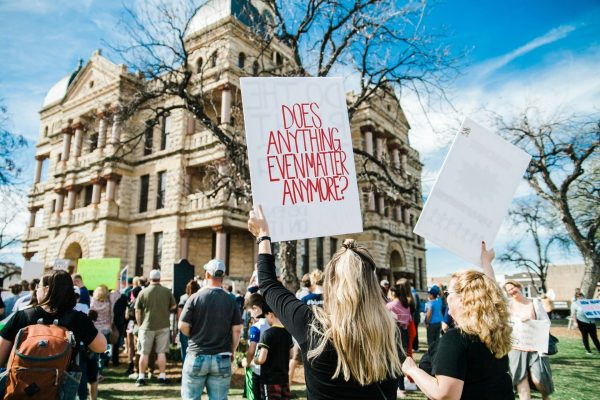The Campus Of The Future
December 6, 2018
Central Connecticut is the “campus of the future” after becoming the first Connecticut campus to join the Age-Friendly University global network, whose core focus is to provide students of all ages the opportunity to learn and grow.
CCSU became an age-friendly campus in 2017.
The university is open to people of all ethnicities, gender, religion and, as explained in an open meeting this past Wednesday, age. Professors and deans of various departments came to share ideas on ways to connect the AFU’s principles to the classroom and learning environment currently and in the future.
Dr. Carrie Andreoletti, coordinator of gerontology, helped to jumpstart the network at Central. She explained that after seeing how many of the AFU principles were already being executed at the university, it seemed only fitting to adopt all 10.
These principles encourage universities to increase the participation of older adult students in campus activities and programs. This includes the promotion of personal and career development in the second half of life and sharing of expertise between learners of all ages.
Andreoletti and Dr. Andrea June, co-chair of the Gerontology Minor Committee, use their courses to help increase intergenerational learning by having their students meet with older adults from a local senior center.
“Young people have stereotypes about older people, but older people have stereotypes about young people [too]. Ageism goes both ways,” Andreoletti said at the open meeting. “[The courses are] truly wonderful because students and older adults learn from each other and realize they have more in common than they thought.”
The AFU meeting solely focused on ways to accommodate and include older adult students in opportunities already running on campus, such as traveling abroad, clubs and activities and in the classroom.
Mei Zongxiang, associate director of the Confucius Institute, suggested bringing more attention to the Institute’s language program at Central. The program typically pairs students with international students and using technology to teach them Chinese, which is something most of the older adult students don’t normally take advantage of.
Dr. Jesse Turner, director of literacy, emphasized the importance of “selling the college experience” to their older students differently than how it is approached to younger, first-year students.
“They’re not coming back to restart careers. If I’m retired, I’m not coming back to write a paper, but I want to be in that class, reading those books and get the seminar experience,” Dr. Turner shared.
With the official title of being an “Age-Friendly University,” there is high potential for CCSU at being a successful intergenerational campus.
Harry Pacheco, associate director of PreCollegiate and Access Service, believes strongly in the importance of CCSU being an Age-Friendly campus and thinks it could open doors for the future.
“If we’re going to continue to exist, we have to bring in the elders to the university,” he stated. “They could be in the classroom, mentoring students, tutoring or volunteering their time. We should be taking advantage of that population because it is a growing [one].”









